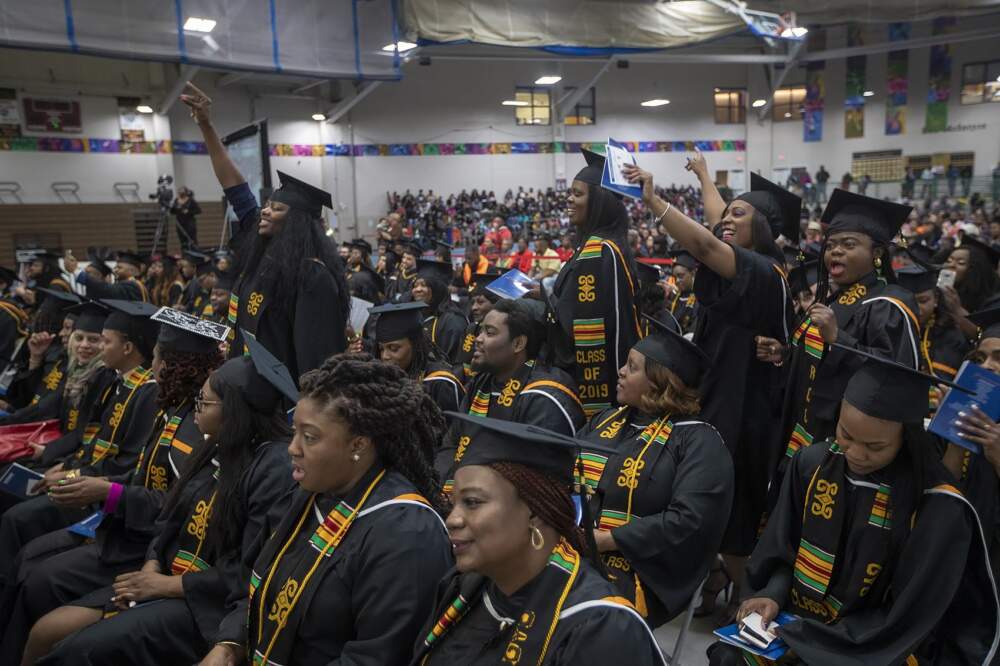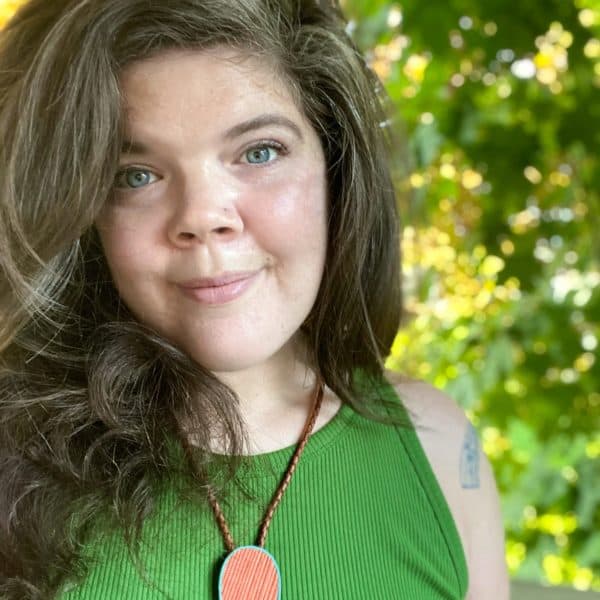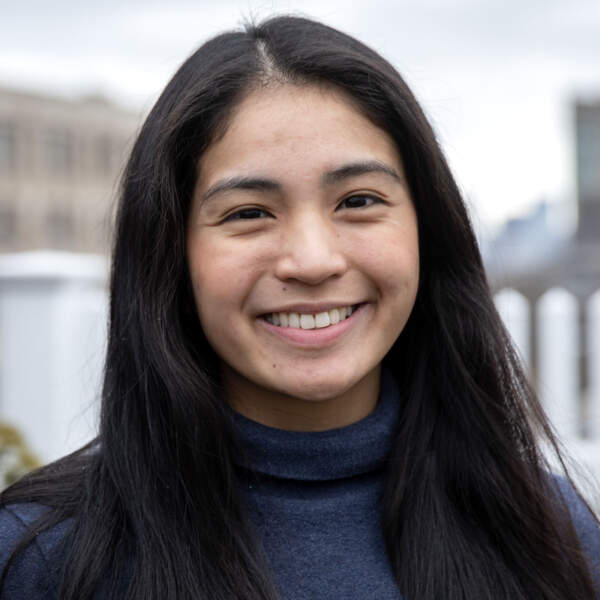Advertisement
Community college leaders praise state investment in free education for older, nursing students
Resume
More Massachusetts residents may flock to the state's 15 community colleges this fall as tens of millions of dollars meant to help offset the cost of tuition — and in some cases, make attendance free — reach older students and those in nursing programs.
For months, state education leaders have been touting the MassReconnect program as a means for students 25 years or older who haven't received their degree to get a free community college education. Last week, Gov. Maura Healey approved $20 million for the program when she signed the state budget.
Now, community college leaders stand ready to get that money to students.
"This is big. This is transformational," said Pam Eddinger, president of Bunker Hill Community College, on WBUR's Radio Boston, adding she hasn't seen this level of investment in public higher education in two decades.
An estimated 8,000 residents will qualify for MassReconnect funding.
The state budget also allocates $18 million in scholarships for aspiring nurses, and an additional $12 million to support "capacity building" efforts for free community college in fall 2024.
John Cox, the president of Cape Cod Community College, said the funding will be especially beneficial for students faced with a myriad of challenges, from a lack of stable housing to food insecurity.
"People are working two and three jobs in some cases, and it becomes a balancing act," Cox said. "How do we enable higher ed to be a priority among all of life's challenges?"
How MassReonnect funds will be distributed to eligible students
MassReconnect is intended to cover the balance remaining after scholarships or other aid. Determination of a student's eligibility and how much MassReconnect assistance they're qualified for will be determined based on their FAFSA application.
In this respect, MassReconnect is understood as covering "that last dollar" for students, said Cox.
The $20 million should be enough to get the program started, he said, but community college leaders expect they'll be needing additional funds to sustain the initiative beyond the start-up phase.
"As people become more familiar with it, we suspect we'll be back to the Legislature to give them an update on the success behind the program and potentially look for additional funding in the future," he said.
Already students are expressing interest. One hope among state education leaders is that the program will boost enrollment across the state's community college system after decreasing by a third in the last 10 years, according to the state department of education.
Community colleges have been gearing up for the implementation of MassReconnect since the Healey administration announced free community college among its priorities in January.
Jackie Jenkins-Scott, interim president of Roxbury Community College, said she recently met a student planning to return to the college after being unable to complete her degree 40 years ago.
"That's what we should be about —helping people reach their dreams," Jenkins-Scott said.
A boost to nursing programs
The state budget also grants $18 million to nursing students in community colleges to help address the shortage of professional nurses in the state's hospitals.
Eddinger, of Bunker Hill Community College, said nursing students face a unique financial challenge in their field: intensive coursework and clinical training often make it difficult to hold down a job that could offset their expenses. Plus, there is the high cost of the board exam, which can amount to a few hundred dollars.
"We prep the students until they're ready, and sometimes when they're ready, they don't have the money to pay for the exam. So a lot of these fees that are going to be taken care of ... will make a huge difference," she said of the state funding.
But other challenges driving the nursing shortage persist that can't be directly addressed by the state's education funding, say Eddinger and Jenkins-Scott. Finding clinical placements for nursing students to get hands-on training and hiring full-time teaching faculty are two such challenges that the presidents say they're seeing at their respective colleges.
This show was produced by WBUR's Amanda Beland and Carrie Jung. The post was written by Vanessa Ochavillo.
This segment aired on August 15, 2023.


